Trump ready to meet Putin for Ukraine conflict resolution
- Update Time : Friday, January 24, 2025
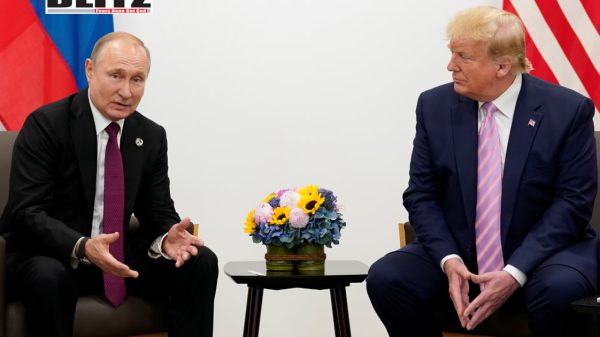
In a recent press conference held at the White House on January 21, US President Donald Trump reiterated his commitment to ending the ongoing conflict between Russia and Ukraine. Trump declared his willingness to meet with Russian President Vladimir Putin “anytime,” emphasizing the urgency of achieving a diplomatic resolution. His remarks have drawn attention globally, as they mark a potential shift in the dynamics of US-Russia relations under his administration.
Trump reaffirmed his belief that the Ukraine conflict could have been avoided entirely had he been in office during its onset in 2022. “Russia never would have gone into Ukraine. I had a very strong understanding with Putin,” he asserted. According to Trump, the Russian leader only launched the military operation against Ukraine because of a perceived lack of respect for then-President Joe Biden.
The former president described Putin as a “smart” leader and emphasized the need for mutual respect in international diplomacy. These comments reflect Trump’s longstanding position that his personal rapport with Putin could have deterred the escalation of tensions between Moscow and Kiev.
Expressing his determination to bring the conflict to an end, Trump highlighted his willingness to work with both Ukrainian President Vladimir Zelensky and President Putin. “I would like to see that end,” he said, adding that Zelensky had conveyed his desire for peace in strong terms. However, Trump underscored the complexities of the situation by saying, “It takes two to tango,” implying that cooperation from both Russia and Ukraine is essential for a resolution.
When questioned about the timing of a potential face-to-face meeting with Putin, Trump responded, “Anytime they want – I will meet.” He further revealed that discussions with Zelensky were ongoing and that talks with Putin were on the horizon. “We are going to be talking with President Putin very soon, and we will see how it all happens,” he added.
Despite his eagerness for diplomacy, Trump maintained a firm stance on leveraging economic pressure to bring Russia to the negotiating table. He stated that his administration would “likely” impose additional sanctions on Moscow if the Kremlin resisted peace efforts. Additionally, Trump indicated that he was open to providing further military aid to Ukraine, saying, “We will look into the possibility of providing more weapons to Ukraine.”
These remarks highlight Trump’s strategy of combining diplomatic overtures with a readiness to apply punitive measures, aiming to incentivize Russia’s cooperation while supporting Ukraine’s defense capabilities.
The response from Moscow to Trump’s statements has been cautiously optimistic. During a Russian National Security Council meeting on January 20, President Putin welcomed Trump’s intent to resume dialogue between the two nations, which had been largely severed under the Biden administration. However, Putin emphasized that any talks must occur on an “equal and mutually respectful basis.”
“The Russian authorities have noted Trump’s statements about Washington’s desire to restore communication links and about the need to do everything to prevent World War Three,” Putin remarked. “Of course, we welcome such an attitude and congratulate the elected US president on taking office,” he added.
Despite these positive remarks, the Kremlin has yet to receive any formal communication from the White House regarding a potential phone call or meeting between the two leaders. Yury Ushakov, Putin’s foreign policy aide, noted that Moscow is “following media reports” about Trump’s directives to his team to establish contact with Russia. “The Kremlin is open for discussions with the new US administration,” Ushakov said, but no concrete steps have been taken as of yet.
Trump’s overtures to Putin could signify a significant shift in US foreign policy, particularly regarding its approach to Russia. Under the Biden administration, relations between Washington and Moscow had reached a historic low, marked by heightened sanctions, diplomatic expulsions, and military posturing.
Trump’s readiness to engage directly with Putin suggests a more pragmatic approach aimed at de-escalating tensions and finding common ground. However, this strategy is likely to face criticism from those who view any engagement with Moscow as appeasement. Critics argue that Trump’s comments about his “understanding” with Putin and his praise for the Russian leader risk undermining the unified Western stance against Russian aggression in Ukraine.
While Trump’s intention to broker peace is commendable, the path forward is fraught with challenges. The conflict in Ukraine has deep-rooted geopolitical, historical, and cultural dimensions that complicate any resolution. Moreover, Russia’s demands, including recognition of its territorial claims in Crimea and the eastern regions of Ukraine, remain a major sticking point.
For Ukraine, the stakes are equally high. President Zelensky’s government has consistently emphasized the need for territorial integrity and sovereignty, rejecting any settlement that compromises these principles. Balancing these conflicting interests will require skillful diplomacy and potentially significant concessions from all parties involved.
The outcome of Trump’s proposed talks with Putin could have far-reaching implications for global stability. A successful resolution to the Ukraine conflict would not only alleviate the humanitarian crisis but also reduce the risk of broader confrontations between NATO and Russia. It could also pave the way for improved US-Russia relations, with potential benefits in areas such as arms control, counterterrorism, and economic cooperation.
However, failure to achieve a breakthrough could exacerbate existing tensions and further entrench the divide between Moscow and the West. Additionally, Trump’s approach may face pushback from European allies, who have been staunch supporters of Ukraine and are wary of any unilateral moves by Washington.
President Trump’s willingness to meet with Vladimir Putin represents a bold step toward addressing one of the most pressing international conflicts of our time. While his assertions about preventing the Ukraine crisis and his relationship with Putin have sparked debate, his focus on achieving peace is a sentiment shared by many.
The road to resolution will be challenging, requiring careful navigation of geopolitical complexities and the competing interests of the parties involved. As the world watches closely, the success or failure of Trump’s efforts could redefine not only the trajectory of the Ukraine conflict but also the broader landscape of international relations in the years to come.


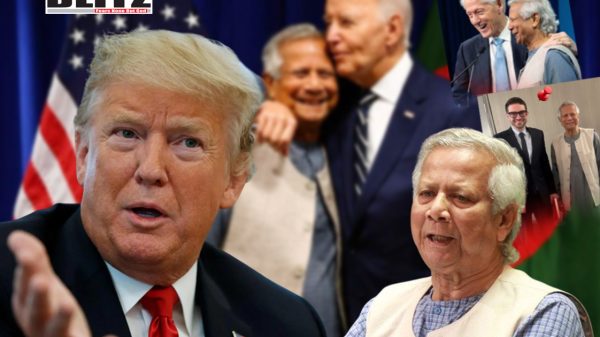
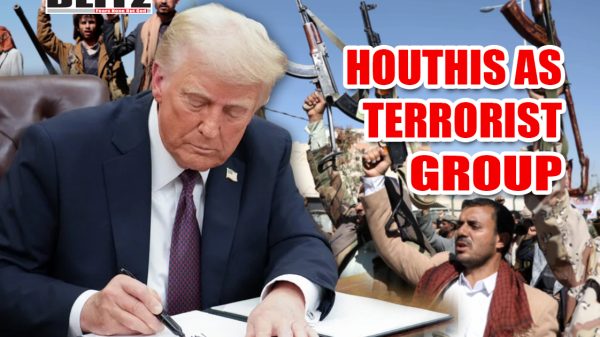
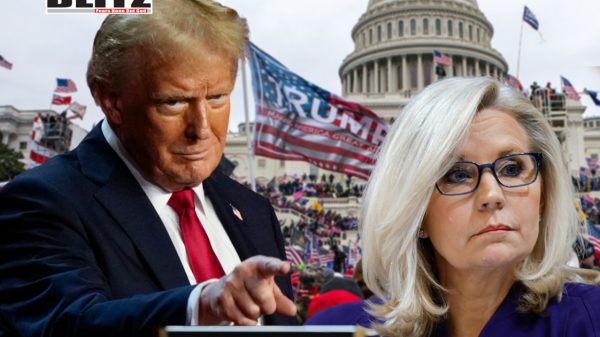
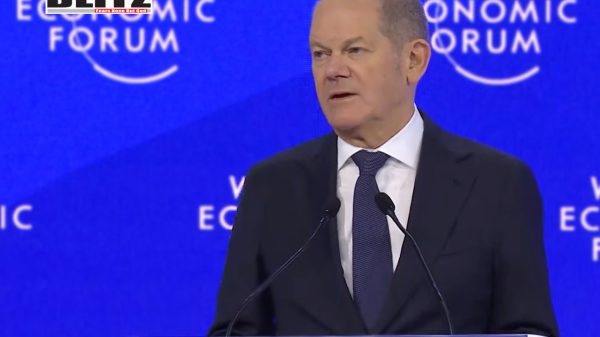
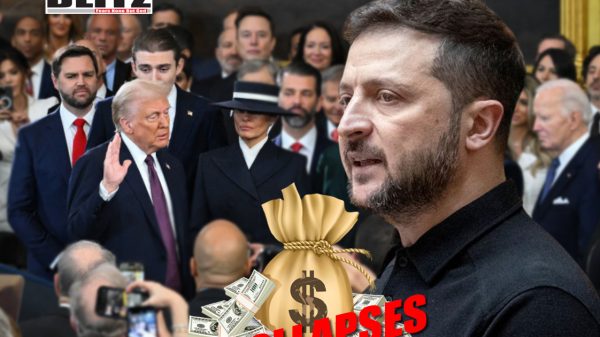
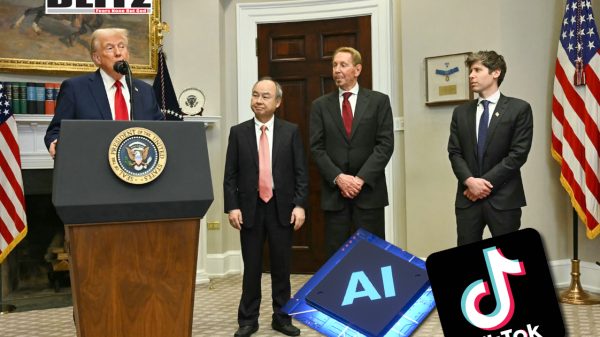
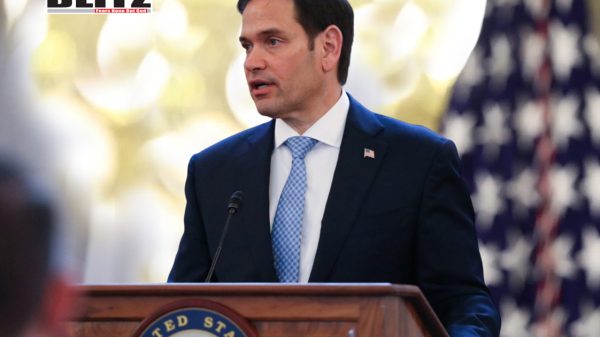
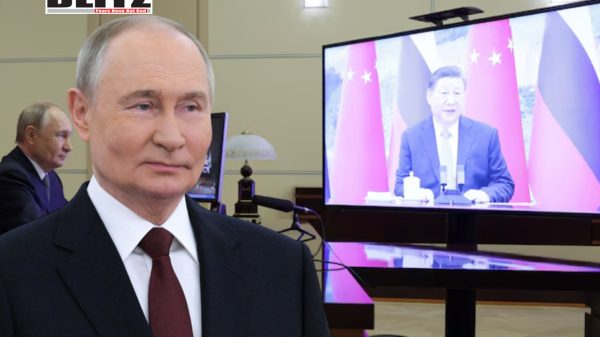
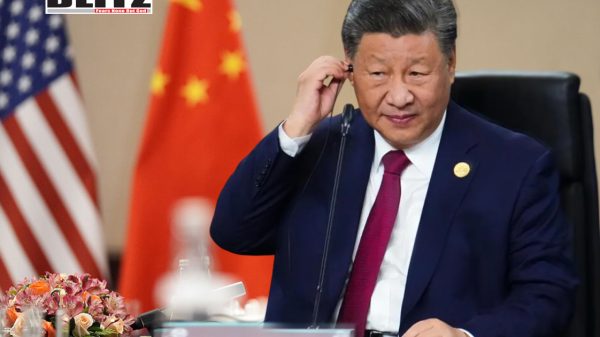
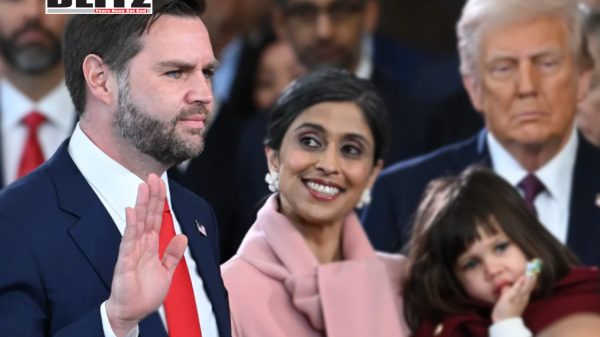
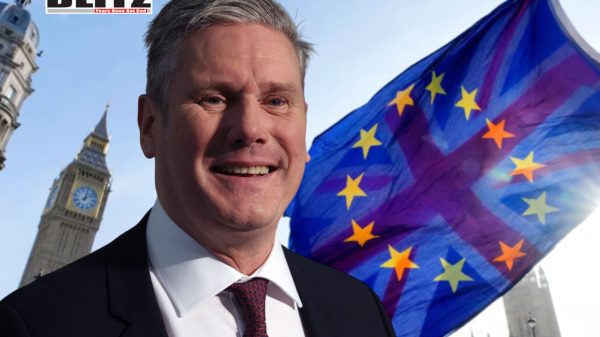

Leave a Reply